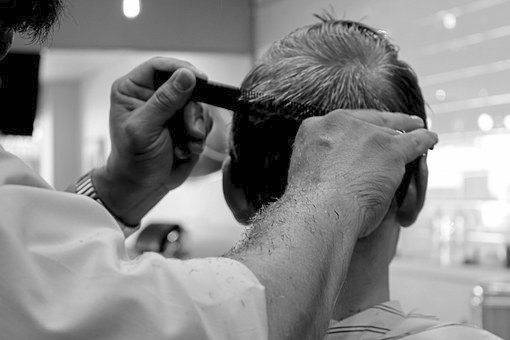Gov. Tom Wolf recently signed House Bill 1172 — which allows workers who hold occupational licenses from other states to use them in Pennsylvania — into law. Individuals will still need to pay licensing fees and have at least two years of relevant experience, but it will soon become much easier to move here and start working.
That kind of mobility is good for workers looking to bring their skills to our state. It’s also good for Pennsylvania’s economy. We have shortages of many types of licensed professionals, and encouraging workers from other states to come is a win-win.
Until now, for example, if fully qualified licensed barbers, cosmetologists or massage therapists from Maryland or Ohio wanted to begin working here, there was no mechanism for their state credentials to transfer. Applicants have had to start the licensing process from the beginning. So rather than doing the job for willing Pennsylvania customers, the worker might have to break out the books and start preparing and studying for an exam very similar to one they successfully passed years ago. That means lost wages, and can sometimes mean significant costs and hardship.
It didn’t make sense. Why keep a barber trained in Ohio or Maryland from coming to Pennsylvania and cutting our hair? Hair styles are not that different here. Chances are, there will be no new knowledge gained or improvements in consumer safety from requiring a successful barber to take another barbering exam.
Pennsylvania became just the third state to pass this type of legislation. In March, Montana’s governor signed a bill requiring licensing boards to offer a pathway for recognition of out-of-state licenses. In April, Arizona became the first state in the nation to offer universal recognition of out-of-state licenses. In fact, Arizona’s reform is quite a bit stronger than Montana’s and Pennsylvania’s. In addition to universal recognition, licensing boards there are not permitted to require additional requirements beyond one year of previous experience and the payment of licensing fees.
Recent research suggests that requiring licensed workers to take additional exams when they move to a new state may reduce their mobility by as much as 36%. A lack of mobility can result in “job lock,” preventing workers from finding opportunities to maximize their skills in the labor market. That means seemingly small changes like those Arizona and Pennsylvania have implemented can make a significant difference.
Our leaders seem to understand that this issue is too important to fix incrementally. Many professional organizations are launching compacts that are meant to facilitate their workers’ mobility across states. However, there are too many occupations and too many pitfalls for this approach to be successful for everyone. Instead of poking small holes in the dam, the barrier needed to be completely removed.
It is also important that policy-makers , whether in Pennsylvania or elsewhere, do not stop on the pathway to occupational licensing reform. Allowing for workers to move around more freely is an important step in the right direction, but there remain instances where occupational licensing is far too rigid of a regulatory tool.
One such example is the profession of hair braiding. Pennsylvania requires aspiring braiders to complete 300 hours of education and training and pass a written examination. Twenty-five states have allowed hair braiders to work without obtaining a state license. This less-burdensome approach also seems like a much more reasonable one.
Soon, Pennsylvania will become a more welcoming state to work in. Let’s hope that there are more changes to come.








